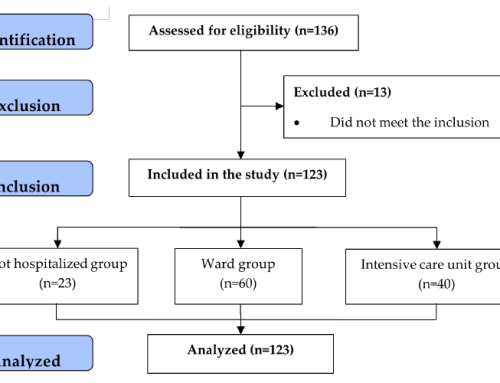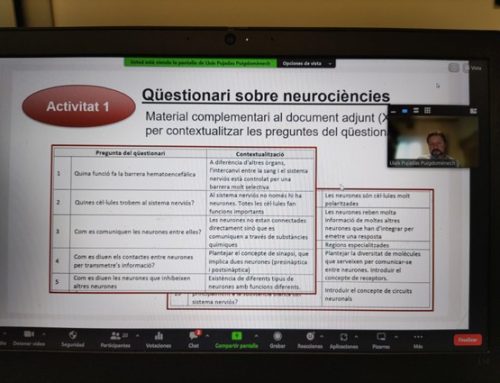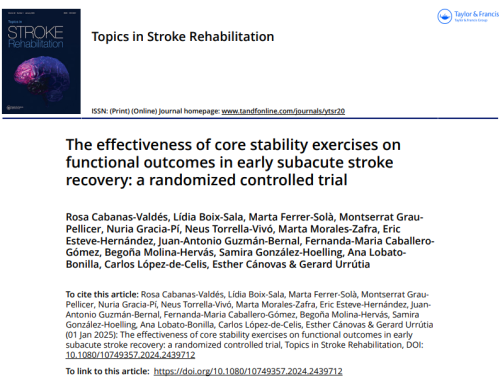ARTICLE. Otero-Viñas M, Falanga V. Advances in Wound Care. April 2016, Vol. 5, No. 4: 149-163. doi:10.1089/wound.2015.0627.
Abstract.
Significance: Almost 7 million Americans have chronic cutaneous wounds and billions of dollars are spent on their treatment. The number of patients with nonhealing wounds keeps increasing worldwide due to an ever-aging population, increasing number of obese and diabetic patients, and cardiovascular disease.
Recent Advances: Advanced treatments for difficult wounds are needed. Therapy with mesenchymal stem cells (MSCs) is attractive due to their differentiating potential, their immunomodulating properties, and their paracrine effects.
Critical Issues: New technologies (including growth factors and skin substitutes) are now widely used for stimulating wound healing. However, in spite of these advances, the percentage of complete wound closure in most clinical situations is around 50–60%. Moreover, there is a high rate of wound recurrence.
Future Directions: Recently, it has been demonstrated that MSCs speed up wound healing by decreasing inflammation, by promoting angiogenesis, and by decreasing scarring. However, there are some potential limitations to successful MSC therapy. These limitations include the need to improve cell delivery methods, cell viability, heterogeneity in MSC preparations, and suboptimal wound bed preparation. Further large, controlled clinical trials are needed to establish the safety of MSCs before widespread clinical application.












Leave a Reply